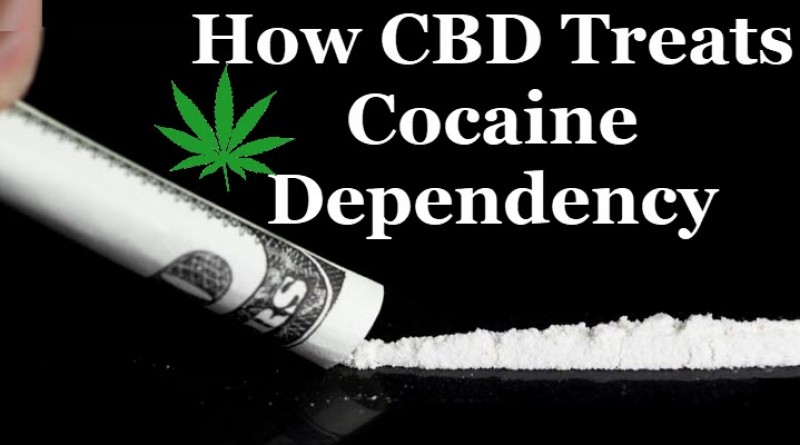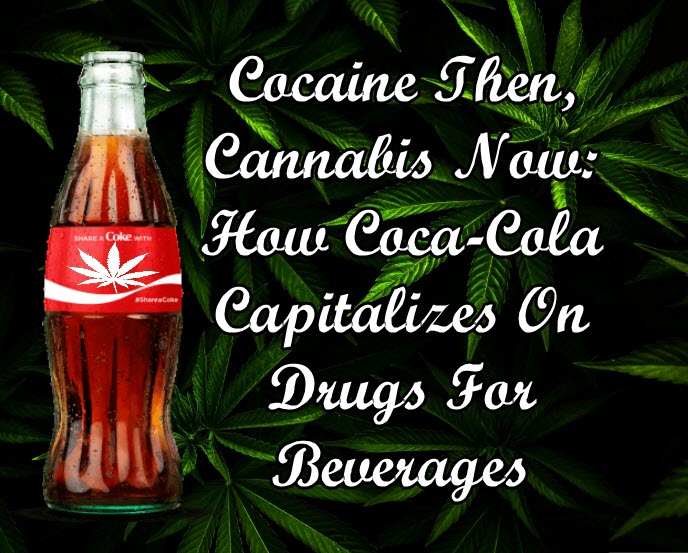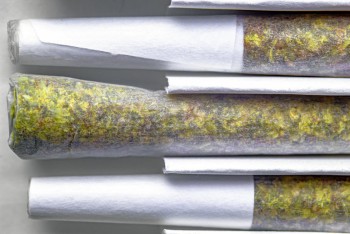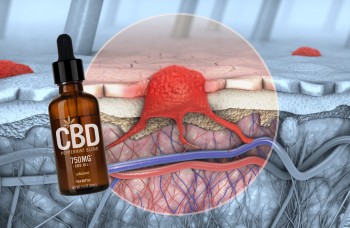How CBD Treats Cocaine Dependency
Cocaine is a powerful stimulant drug made from the coca plant, which is widely cultivated in South America. While it is legitimately used as a topical anesthetic for some medical procedures, the illegal use and abuse of cocaine is rampant among the wealthy. In fact, it is the 2nd most trafficked drug in the world, and it is the 2nd most commonly used illegal substance in Europe.
Cocaine is a popular recreational drug because of its effects on the user’s energy, motivation, and mood. It works by increasing dopamine levels in the brain, a neurotransmitter which is associated with our euphoric emotions and the processing of reward cues. However, it is also extremely addictive. The short term effects of cocaine consumption include increased heart rate, anxiety, hostility, and even convulsions. Meanwhile, long-term effects include sleep deprivation, loss of appetite, increased risk for psychosis, hallucinations, and even death. The addiction to cocaine can be so strong that withdrawals can lead to depression, suicide, and even death.
The National Survey on Drug Use and Health estimates that in 2014, there were 1.5 million current or past-month cocaine consumers aged 12 and up, with the 18-25 age bracket accounting for more cocaine consumption than any age group.
However, there is a light at the end of the tunnel for those addicted to cocaine, in the form of cannabidiol (CBD).
How CBD Helps
A brand-new study which has just been published in the medical journal Neuropharmacology revealed that CBD is effective in reducing cocaine intake among animal models. The study, called Repeated Cannabidiol treatment reduces cocaine intake and modulates neural proliferation and CB1R expression in mouse hippocampus, was also published by the National Institute of Health.
The researchers wrote: “Cannabinoid derivatives have shown promising results for treating neuropsychiatric disorders, including drug addiction.” They explain the method used for the study: “To determine whether CBD can attenuate cocaine reinforcement, we assessed behavioral responses induced by cocaine in mice, using the behavioral sensitization, conditioned place preference and intravenous self-administration paradigms.”
They fond that “repeated CBD treatment produces anxiolytic effects in the elevated plus maze test, increases the discrimination index of the novel object recognition task and attenuates cocaine-induced conditioned place preference but does not affect behavioral sensitization.” They also found that CBD administration reduced the mice’ dependence and voluntary consumption of cocaine.
The researchers concluded that “CBD can modulate some behavioral and molecular manifestations of cocaine reinforcement. Moreover, our findings show that CBD has pro-neurogenic effects also in cocaine consuming animals. Overall, this novel evidence provides new perspectives to use CBD as a therapeutic tool.”
Another study published in March of this year revealed that when animal models were administered with CBD, they were less likely to relapse even when they were exposed to the stimulants. The researchers from the Scripps Institute in La Jolla, California, believe that CBD as a supplement reduces stress and anxiety as well as diminishes the impulsive behavior in the animal models. To conduct the study, they injected the rats with a daily dose of either alcohol or cocaine before giving them CBD gel intravenously. Additionally, the models were observed to show addictive behavior such as impulsivity and anxiety.
The researchers followed up after three days of administering the CBD, and they found that the rats were still less likely to relapse even when the study hit 5 months.
“The results provide proof of principle supporting the potential of CBD in relapse prevention along two dimensions of CBD: beneficial actions across several vulnerability states, and long-lasting effects with only brief treatment,” says research lead Freidbert Weiss.
“Drug addicts enter relapse vulnerability states for multiple reasons,” Weiss added. “Therefore, effects such as these observed with CBD that concurrently ameliorate several of these are likely to be more effective in preventing relapse than treatments targeting only a single state.”
The researchers also wrote that with even more studies on the subject, this may pave the way for developing new pharmacotherapuetic methods that would help addiction relapse, and added that “the findings also inform the ongoing medical marijuana debate concerning medical benefits of non-psychoactive cannabinoids and their promise for development and use as therapeutics.”
A 2011 study also backs up the findings. Researchers from the National Institute of Drug Abuse found that after using a synthetic drug called JWH133 which also activates the CB2 receptor, animal models reduced their intravenous cocaine consumption by as much as 60%.
“It’s a very significant reduction,” says lead author Zheng-Xiong Xi.
While results even from synthetic compounds in cannabis may be promising, more research would still be needed to help cement the evidence that CBD can indeed be used as a therapeutic compound for treating cocaine addictions safely.
How CBD is Helping Treat Cocaine Dependency from CannabisNet on Vimeo.
OTHER STORIES YOU MAY ENJOY...
HOW COCA-COLA USES DRUGS, CLICK HERE.
OR..
HOW TO TAKE CBD OIL DAILY DOSAGES, CLICK HERE.








